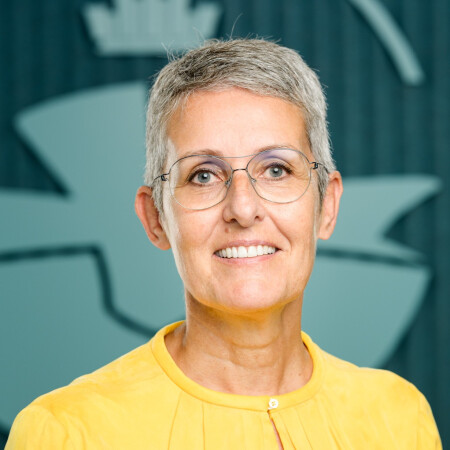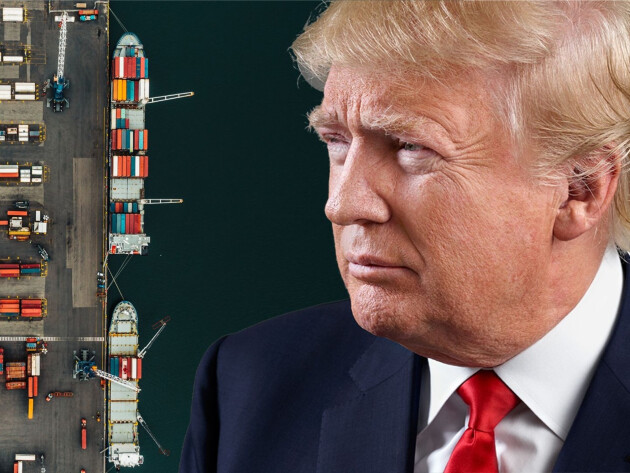
No wage discrimination on Dutch ships
Wage policy for seafarers on Dutch ships: KVNR responds to discrimination complaints
Seafarers employed on Dutch seagoing ships are paid wages based on the cost of living in their country of residence. This is in line with a balanced system of international conventions and collective bargaining agreements. So says the Royal Association of Dutch Shipowners (KVNR) following media coverage of a hearing by the Human Rights Board on whether discrimination based on nationality exists.
The hearing, held on October 2, addressed complaints filed by two seafarers against Dutch shipowners, alleging unequal treatment due to underpayment. According to the KVNR, these complaints were unfounded.
Home country price level basis for international collective bargaining agreements
The two seafarers in question are not resident in the Netherlands, but in the Philippines and Indonesia. Since they work on internationally operating sea-going vessels, they are no labour migrants. When leaving from work they go directly to the ship from their country of residence and return directly to their hom after their time at sea. Therefore, in international shipping, it is common practice for remuneration to take into account the cost of living in the seafarer's country of residence.
Globally, the price level per country is a fair starting point for remuneration of seafarers. That is the opinion of the International Labour Organisation (ILO) The International Labour Organization is a part of the United Nations in Geneva that establishes binding international treaties in the field of labor. The ILO includes employers' organizations, trade unions, and governments. , employers‘ associations and the trade unions representing seafarers’ interests. This is because the countries where seafarers live differ from each other. Each economy has a different price level, so there is a difference in purchasing power. Moreover, in each country, residents belong to a different legal and tax regime.
This view on the situation is not only common within the sector itself, but is also endorsed by both the Dutch and European governments.
Deviation from international standard is risk to Dutch flag
It makes no difference to seafarers living in the Philippines or Indonesia in terms of salary whether they work on a Dutch or non-Dutch-flagged seagoing vessel. In fact, they earn similar wages on all these ships. On average, their pay is several times higher than that of an average office worker in their country of residence, allowing them to live a (very) prosperous life there.
Should it not be possible to follow internationally accepted practice on board Dutch seagoing ships, they flag they change swap their Dutch flag with a flag form another flag state The flag state is the country in which a ship is registered and whose flag it flies. This country is responsible for ensuring compliance with international regulations, safety, environmental standards, and working conditions onboard the ship, regardless of where it sails. . The question is whether this would benefit seafarers living in the Philippines and Indonesia. After all, the Dutch flag is a - highly ranked - ‘quality flag’ that stands for accurate compliance with international standards, good employment practices and certainty of salary payment. Moreover, reflagging would be at the expense of employment for Dutch seafarers. In addition, other public interests also benefit from retaining Dutch seafarers. For instance, our own flag provides a foothold when it comes to our strategic autonomy and security. An important element that should not be underestimated in times of geopolitical turmoil.

Philippine award for Dutch shipowners
Representing Dutch shipowners in the shipping industry, the KVNR received an award from the Philippine government last week, among other things regarding the promotion of good working conditions of Filipino seafarers on Dutch seagoing vessels. The KVNR is honoured to receive this valuable recognition by the Philippine government on Dutch shipowners' commitment to good employment practices.
The text on the award reads:
‘In grateful recognition to the unwavering commitment of the association in the generation of productive employment at sea and as a driving force towards the skills and career advancement, safety and welfare of Filipino seafarers which observes fair and ethical recruitment and decent maritime employment thereby affirming the stature of the Philippines as the leading seafaring nation.’




